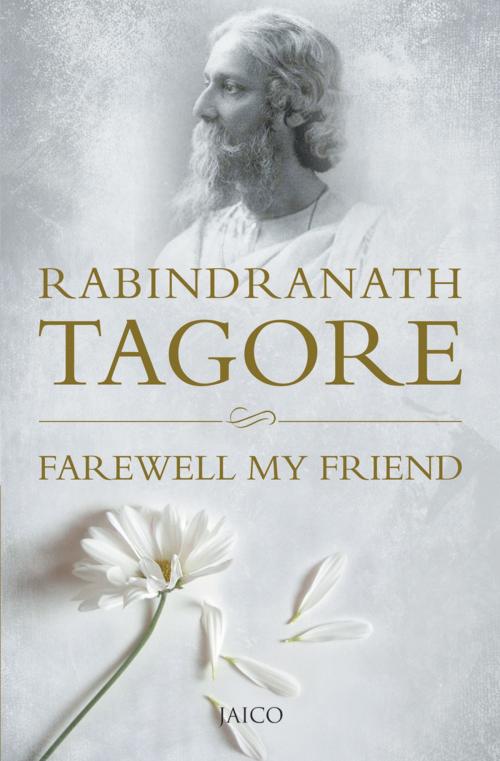| Author: | Rabindranath Tagore | ISBN: | 9788184951646 |
| Publisher: | Jaico Publishing House | Publication: | July 19, 2013 |
| Imprint: | Language: | English |
| Author: | Rabindranath Tagore |
| ISBN: | 9788184951646 |
| Publisher: | Jaico Publishing House |
| Publication: | July 19, 2013 |
| Imprint: | |
| Language: | English |
The original Bengali novel Shesher Kavita (lit. Last Poem) was published in 1929. The author draws an amusing picture of an ultra-modern Bengali intellectual whose Oxford education, while giving him a superiority complex, has induced in him a craze for conscious originality which results in a deliberate and frivolous contrariness to all accepted opinion and convention. His aggressive self-complacence, however, receives a shock when as the result of an accidental meeting he falls in love with, and wins in return the heart of, a quite different product of modern culture a highly educated girl of fine sensibility and deep feelings. This love being more or less genuine and different from his previous experience of coquetry, releases his own submerged depth of sincerity, which he finds hard to adjust to the habits of sophistry and pose, practised so long. In the process he manages to strike a new romantic attitude. The struggle makes of him a curiously pathetic figure one who is being worked against his grain. The tragedy is understood by the girl, who releases him from his troth and disappears from his life. The last poem which she addresses to her lover gives evidence of the depth of feeling of which she was capable.
The original Bengali novel Shesher Kavita (lit. Last Poem) was published in 1929. The author draws an amusing picture of an ultra-modern Bengali intellectual whose Oxford education, while giving him a superiority complex, has induced in him a craze for conscious originality which results in a deliberate and frivolous contrariness to all accepted opinion and convention. His aggressive self-complacence, however, receives a shock when as the result of an accidental meeting he falls in love with, and wins in return the heart of, a quite different product of modern culture a highly educated girl of fine sensibility and deep feelings. This love being more or less genuine and different from his previous experience of coquetry, releases his own submerged depth of sincerity, which he finds hard to adjust to the habits of sophistry and pose, practised so long. In the process he manages to strike a new romantic attitude. The struggle makes of him a curiously pathetic figure one who is being worked against his grain. The tragedy is understood by the girl, who releases him from his troth and disappears from his life. The last poem which she addresses to her lover gives evidence of the depth of feeling of which she was capable.















